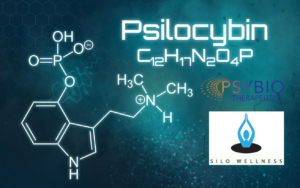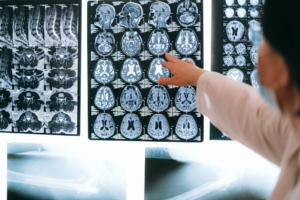
Small Pharma, a U.K.-based neuropharmaceutical company developing novel rapid-acting treatments for depression and mental health conditions, is studying the psychedelic DMT (N,N-Dimethyltryptamine) as an alternative therapy for treatment-resistant depression.
“We believe the impact will be almost immediate, and longer lasting than conventional antidepressants,” said Carol Routledge, Small Pharma’s chief scientific officer.
DMT is a chemical found naturally in some plants and animals, including the Amazonian plant brew ayahuasca. Known as the “spirit molecule,” the medication is used ceremonially to bring spiritual enlightenment. Some have likened the experience to near-death.
Small Pharma is consulting with the Imperial College London, which runs the Centre for Psychedelic Research, about conducting clinical trials to see if the powerful hallucinogenic DMT may help reset the brain in people with depression.
The team hopes to study the drug as a one-off treatment or as part of a course. Study participants would be followed for up to six months after treatment to determine how long the effects of DMT last.
Renewed interest in psychedelic therapies has led to research into many hallucinogenic compounds including psilocybin, LSD and ketamine. But not much research has been conducted on the mental health benefits of DMT. Small Pharma believes DMT holds particular promise in depressed patients who have failed to achieve results with current first-line therapies.
Some advantages of DMT include
- It’s short duration giving it practical clinical applicability. The psychedelic effects of DMT last for approximately 20 minutes compared to 6-8 hours for psilocybin.
- Unlike other hallucinogens, individuals do not develop a tolerance to the psychological effects of DMT.
- DMT is endogenously produced in the brain, which researchers believe provides proof of its safety.
Small Pharma’s clinical trial will be conducted at Hammersmith Medicines Research Ltd., in London. To register interest in the trial, visit the website and enter the study code 20-506.





